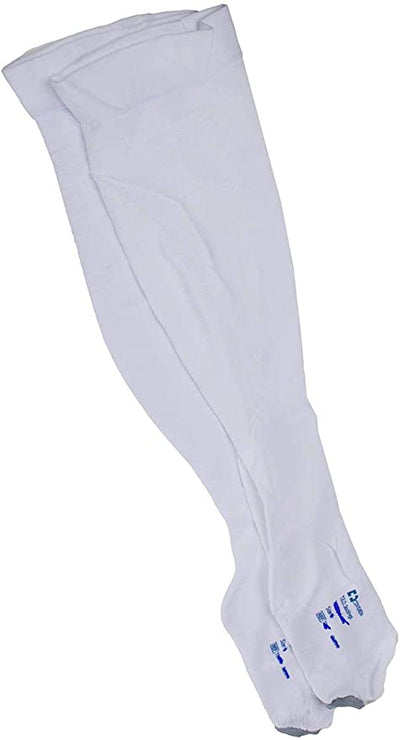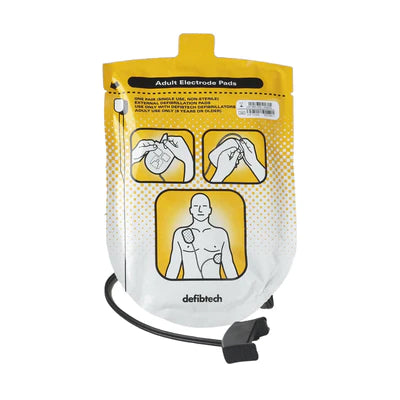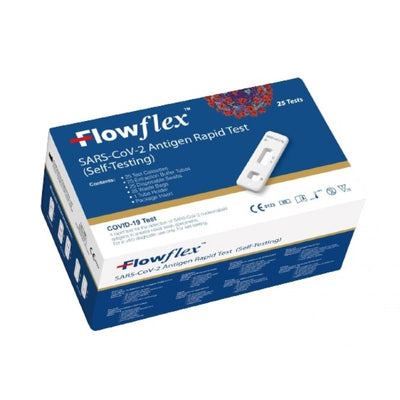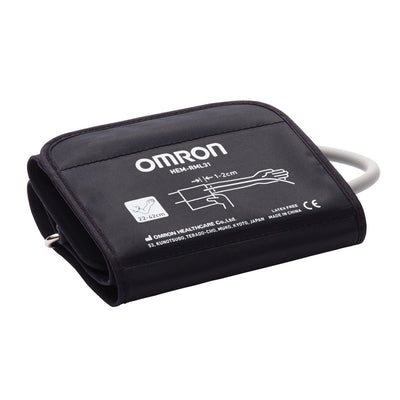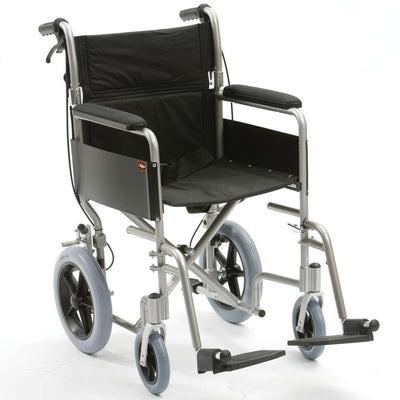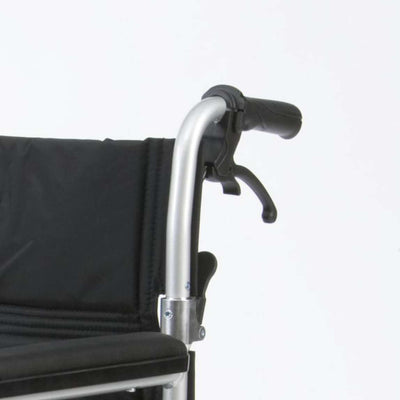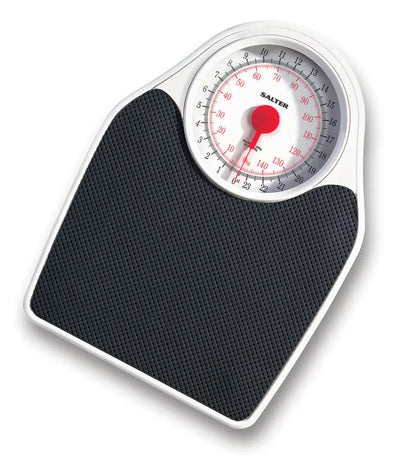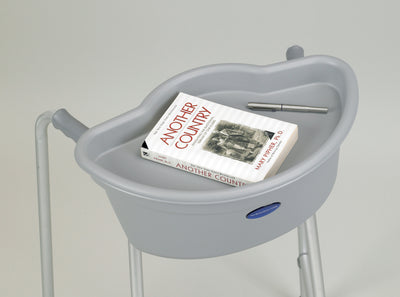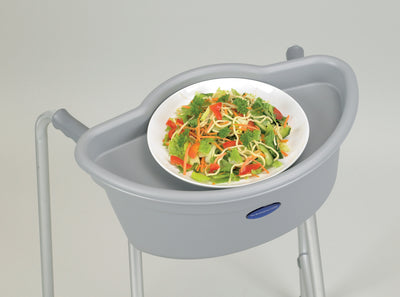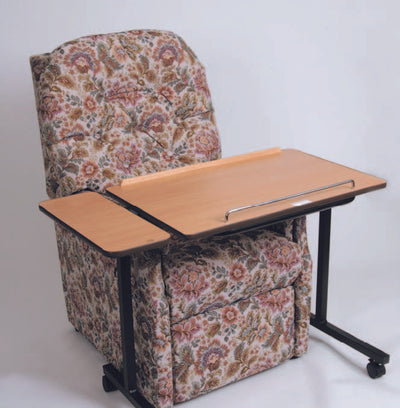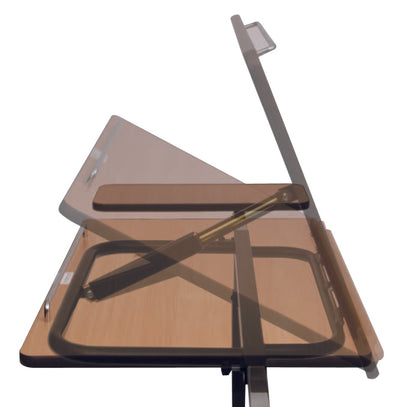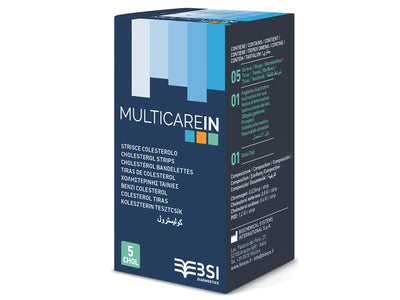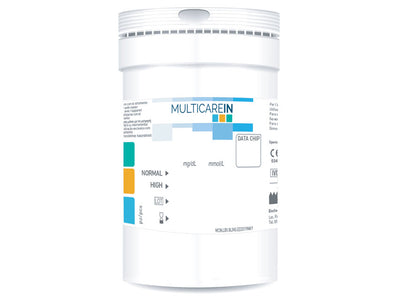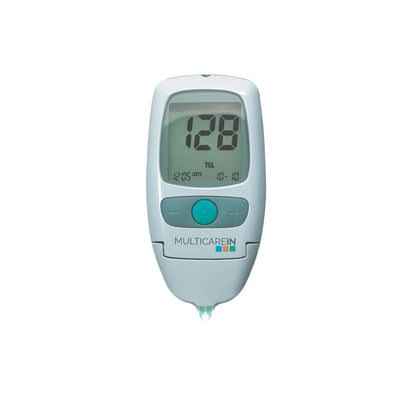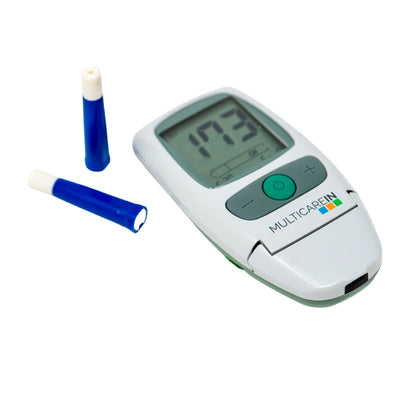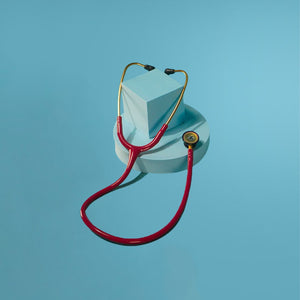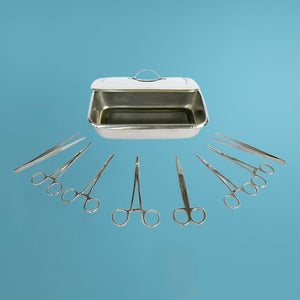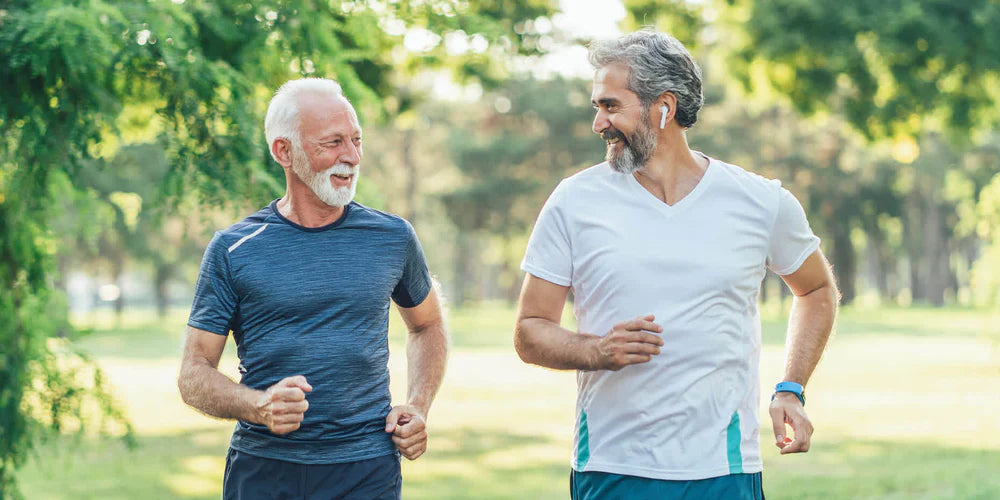Getting older is bliss. Notwithstanding, the risk of falling increases significantly as we age. Falls pose a substantial threat to the health and well-being of older adults, often resulting in serious injuries, reduced mobility, and a diminished quality of life. The good news is that many falls are preventable through proactive measures and awareness.
According to the World Health Organisation (WHO), falls are the second leading cause of accidental or unintentional injury deaths worldwide, with adults aged 65 and above being the most vulnerable. These numbers underline the urgent need to address fall prevention comprehensively.
In this blog post, we hope to shed light on the vital topic of fall prevention for the elderly. Our goal is to equip you with practical knowledge, strategies, and insights that can help you or your loved ones stay safe and maintain mobility.
Together, let's embark on a journey to safeguard our elderly loved ones, promoting a safer and more secure environment for their golden years.
Understanding the Concept of Falling
A fall is simply moving from a higher level to a lower level, usually with speed and without control.
As we age, our bodies go through changes that increase the risk of accidents and injuries, the most common of which is falling.
Some falls can be easily brushed off, especially by younger folk, but the body becomes more fragile with age and many times, even those seemingly harmless falls can cause major damage, making it quite important to prevent them in the first place.
Factors like muscle weakness, balance issues, vision problems, and certain medications or health conditions increase the risk of falling, even at home. Nonetheless, these risk factors are often manageable.
Risk Factors for Falling in the Elderly
Age is one of the biggest risk factors, as balance, vision, and muscle strength naturally decrease over time. Certain health conditions like arthritis, diabetes, or dementia also increase the likelihood of falls.
Other risk factors that are often ignored are environmental hazards, home modifications, chronic health conditions and medications.
Our living environments can either promote safety or pose hazards that contribute to falls. Slippery floors, cluttered pathways, poorly lit areas, loose rugs, and uneven surfaces all create potential danger zones for seniors.
Also, certain chronic health conditions, such as arthritis, osteoporosis, Parkinson's disease, and diabetes, can affect balance, mobility, and overall physical well-being.
Additionally, some medications commonly prescribed to manage these conditions may have side effects that increase the risk of falls, such as dizziness, drowsiness, or impaired coordination. It is essential for older adults to regularly review their medications with healthcare professionals and be aware of potential fall-related side effects.
Remember, fall prevention is not about living in fear but rather about empowering ourselves and our elderly loved ones to lead fulfilling lives with confidence and independence.
Ways to Reduce the Occurrence of Falls
The many simple changes we make around us can help reduce the risks and chances of falls among the elderly. These changes are not to be made abruptly but over a period of time.
These changes include:
- Wearing the right footwear: Your shoes can play a big role in preventing falls. Make sure your footwear is comfortable, fits well, and has a non-slip sole. Avoid wearing high heels, flip-flops, and shoes with slick soles.
- Removing hazards: Take a look around your home and remove any potential hazards. This includes loose rugs, clutter, and electrical cords. Make sure your home is well-lit, especially in areas like staircases and hallways.
- Using assistive devices: Consider using assistive devices such as a cane or walker if you have difficulty with balance. These devices can provide support and stability.
- Reviewing your medications: Some medications can cause dizziness or drowsiness, which can increase the risk of falling. Review your medications with your healthcare provider and make sure you are taking them as prescribed.
- Getting your vision checked: Poor vision can also increase the risk of falling. Get your eyes checked regularly and wear glasses or contact lenses if needed.
- Staying hydrated: Dehydration can cause dizziness and weakness, which can increase the risk of falling. Drink plenty of water throughout the day to stay hydrated.
Exercise and Physical Activity for the Elderly
Exercise is essential for the elderly to maintain strength, flexibility, and balance. Getting active and staying active can help reduce the risk of falls by improving mobility, muscle tone, and coordination.
- Do light exercises like walking, swimming or yoga
Low-impact exercises are perfect for older adults. Walking, swimming or yoga are great options that provide physical and mental benefits without straining the body. Aim for at least 30 minutes of moderate exercise most days of the week. Start slow and build up your endurance over time. Find physical activities you actually enjoy doing because every little bit of exercise matters!
Walking is a simple exercise that can be done almost anywhere. Stroll around your neighbourhood, at the park or on a treadmill. Swimming or water aerobics take pressure off the joints while providing resistance. Yoga improves both flexibility and balance.
- Strength and balance training
Strong muscles and good balance are key to preventing falls. Use dumbbells or resistance bands for simple weight training at home. Start with just 2–3 pound weights and build up slowly.
In addition to cardio, focus on exercises that improve strength and balance, like weight training, Tai Chi or physical therapy. Tai Chi incorporates slow, controlled movements and weight shifting. It has been shown to significantly reduce falls among the elderly.
Nutrition: The Path to Staying Healthy
Eating a healthy, balanced diet is one of the best ways to keep your bones strong and reduce the risk of falls as you age. Pay attention to foods abundant in calcium, vitamin D, and protein because these nutrients are essential for strong bones and muscles.
- Calcium-Rich Foods
Calcium helps maintain bone density, so aim for 3 servings of calcium-rich foods per day. Dairy products like milk, yoghurt, and cheese are excellent options. If you're lactose intolerant, try non-dairy sources such as sardines, salmon, almonds, and leafy green veggies like kale and broccoli.
- Vitamin D
Vitamin D helps your body absorb calcium. Fatty fish, egg yolks, and fortified foods contain vitamin D. You can also get vitamin D by spending a few minutes in the sun each day or by taking a supplement.
- Lean Protein
Eating adequate protein, especially lean protein, is important for muscle health and preventing loss of bone density as you age. Great options include fish, chicken, beans, and Greek yoghurt.
Other healthy habits to build stronger bones include:
- Staying hydrated: Drink plenty of water and other non-caffeinated beverages to keep your body hydrated. Dehydration can lead to dizziness and increase the risk of falls.
- Limiting alcohol intake: Too much alcohol can interfere with balance and coordination. Stick to no more than 1 drink per day for women, and 2 per day for men.
- Watch your salt intake: A high-sodium diet can cause fluid retention and increase blood pressure. Both of these factors may contribute to falls. Focus on fresh, whole foods and limit processed and restaurant meals.
Make these lifestyle changes today and you'll be well on your way to preventing falls and staying independent as you get older. Keep up the good work!
FAQ: Your Questions About Preventing Falls in the Elderly Answered
What causes falls in the elderly?
There are several reasons why seniors are more prone to falls. As we age, our muscles naturally weaken, reflexes slow down, and balance decreases. Chronic illnesses like arthritis or diabetes can also contribute to instability.
How can falls be prevented?
The key is making lifestyle changes and safety adjustments. Exercise regularly to keep your muscles and bones strong. Walking, light strength training, and balance exercises like yoga or tai chi are great options.
Have your vision and hearing checked annually and update prescriptions as needed. Remove tripping hazards like loose rugs, clutter, and poor lighting. Install grab bars in bathrooms, non-slip mats in showers, and handrails on both sides of staircases.
What about medications?
Some medications can cause dizziness or drowsiness, increasing the risk of falling. Talk to your doctor about any side effects and if dosages or types of medications can be adjusted. Be very careful when starting or stopping medications. Take medications exactly as prescribed and never mix over-the-counter drugs or supplements without consulting your physician.
What should I do if I start to fall?
Try to stay calm. Look for a sturdy piece of furniture to grab onto for support. If you fall forward, try taking quick small steps to regain your balance. If falling backwards, bend forward at the waist.
This can help shift your centre of gravity and prevent a fall. If a fall does occur, call out for help and try to land on your buttocks to prevent a head injury. See a doctor right away if you experience pain, swelling or difficulty walking.
By making proactive lifestyle changes, modifying your environment, reviewing medications, and knowing how to properly react if you lose your balance, you can significantly decrease the likelihood of falls and maintain your independence as you age.
Staying active and socially engaged also helps boost both physical and mental well-being in your golden years.
In summary, having the knowledge and tools to help reduce the risk of falls for yourself or your loved ones is very important. Making simple changes to your environment, staying active and exercising, managing medications properly, and practising safety precautions, sets you up for improved mobility, independence, and peace of mind.
Don't delay; start implementing these recommendations today and reap the rewards of better balance, strength, and coordination. You deserve to live freely without the fear of falling, so take control of your health and safety.
The future is bright, so get up and get going—you've got this! Stay steady on your feet and enjoy all that life has to offer.
For all your medical and homecare supplies, give us a call at Mediworld.
We have over 40 years of experience in medical, surgical and home health supplies and we're always on hand to chat if you need support or advice. Follow us on Twitter and Facebook.
